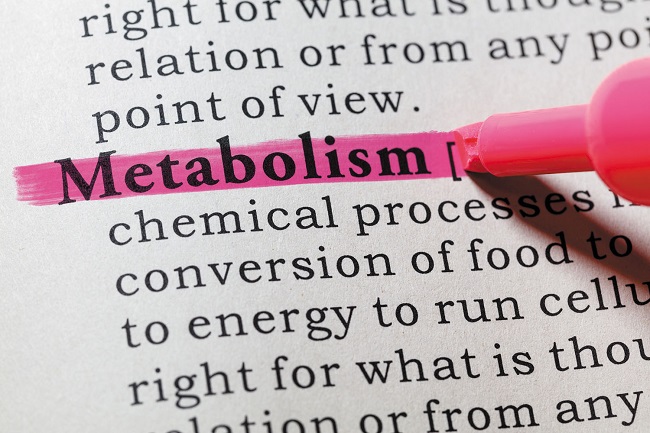Do you believe that a person’s metabolism never changes? The term “metabolism” is used to describe how food is broken down and used for energy in the body. The calories you take in from food and drink are combined with oxygen to make the fuel your body needs to function.
To put it simply, metabolism is the sum of all chemical reactions essential to cellular function and, by extension, to the survival of an organism. Macromacronutrients in the diet are metabolised into cellular energy, which is then used to power cellular processes.

The Coordinated Regulation Of Metabolic Pathways.
A cell’s metabolism breaks down macronutrients into chemicals it can use for growth and reproduction and into organic waste. The coordinated regulation of metabolic pathways inhibits cells from manufacturing an inefficient chemical when it is readily available.
Metabolically speaking, it is inefficient for cells to both make fatty acids and destroy them at the same time, much like it is inefficient to build walls while simultaneously breaking them down.
Read Also:
- Spiritual Meaning Of Dreaming About Your Ex
- Which Company Created The Character Strawberry Shortcake
- Pop Smokes Brother Speaks Out After Shocking New Investigation …
If You Maintained Your Current Level Of Activity From Age 20 to 70.
That’s right, your guess that an individual’s metabolic rate is consistent across the lifespan is correct. Total metabolism includes simply BMR. It’s the juice you’ll need to stay alive and kick even if all you do all day is roll over in bed.
All the remainder of your energy expenditure comes from everything you perform during your day, from all the tiny movements all the way to work and sports activities. If you maintained your current level of activity from age 20 to 70 (which would make you a hero in and of itself).
Your Metabolism Slows With Age, But Not By Much.
You would need to consume an additional 1,500 calories per day to be called an athlete, and only 1,300 calories per day to be considered an athlete at age 70. Your metabolism slows with age, but not by much. From the ages of 20-70, there is a daily decline of 250 calories required.
5 less calories per day equates to a loss of 365 calories each year. Until anything major shifts, you will not be aware of this. Even if you maintained the same weight, the same amount of food you ate each year, and the same amount of physical activity, you may expect to gain weight throughout the years if you don’t pay attention.
Pay Attention, Please.
The metabolic process is a dynamic and dynamically changing system. It’s the process by which the nutrients in food are converted by our bodies into the energy we need to live and function. This is what sustains humans and all other forms of life on Earth.
Read Also:
- How A Person Truly Feels About An Issue Is Usually Demonstrated Through The
- Miami Heats Victor Oladipo Discusses Challenging Comeback
- Olympics-Cycling-China Break World Record In Womens Team Sprint
Conclusion.
Experts warn against relying on a single food, drink, herb, supplement, etc. in the hopes of causing a large change in metabolism, even though calorie consumption and some forms of exercise may have some influence.





